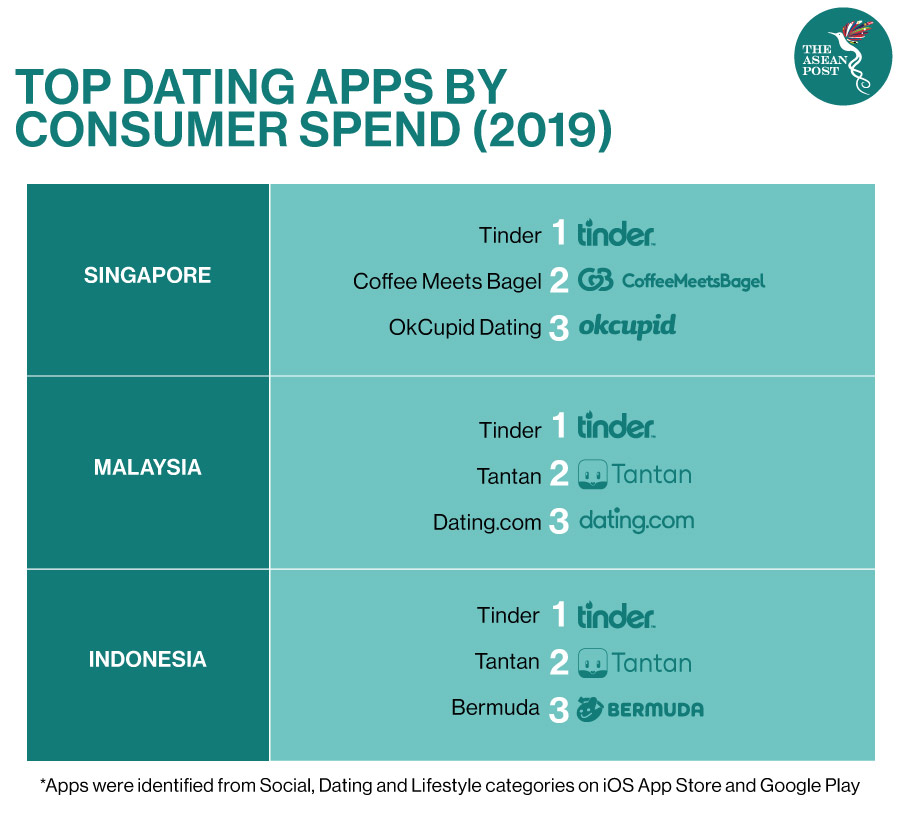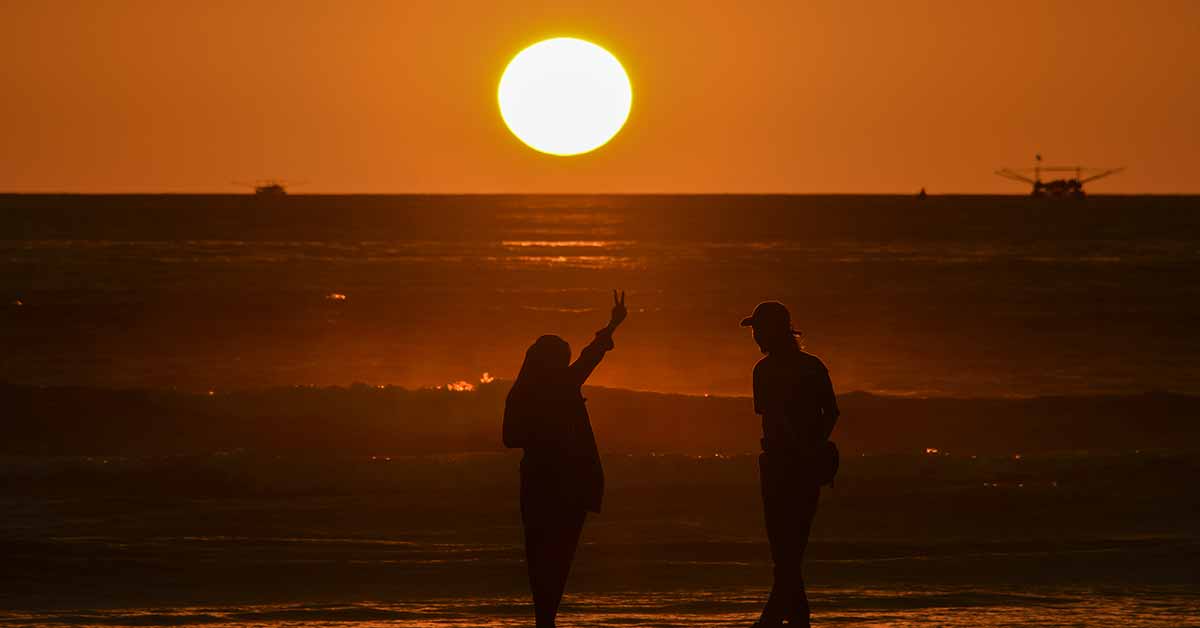The COVID-19 pandemic has drastically changed the way people live their lives. The deadly outbreak which has infected over 4.5 million people worldwide has prompted governments to impose citywide lockdowns and travel curbs. It was reported that half of humanity are still under some form of lockdown despite several countries beginning to relax their virus restrictions.
The pandemic has been described as being a thief as it not only has taken some 300,000 lives – but it has also snatched away “the connections that feed passion, contentment, belonging and all other variations of love”, according to an American media report.
The same sentiment can be shared by everyone as livelihoods have also been affected. People have lost jobs and sources of income. Families are separated. Social distancing is encouraged – leaving no room for handshakes and hugs. Places of worship or refuge have been shuttered, and social places such as schools and malls have also been closed.
Technology has made lockdowns bearable, but nothing can replace human connections and face-to-face interaction.
Dating Apps
As the new coronavirus forces many to stay indoors, single youths are turning to dating applications during the pandemic – not just to find love, but for some sort of human connection.
A report released by mobile dating app Tantan revealed that in China, where the virus first emerged and was the first country to implement citywide lockdowns – the average time people spent on the app in February increased by 30 percent compared with the average usage during normal times. Other than that, the number of users also rose 60 percent during peak hours which typically runs from midnight to one in the morning.
Dating app giant Tinder has also seen a major spike in user activity in April, with conversation lengths up to 30 percent longer than the previous month.
“As we are now entering the initial phase of physical distancing, we’re expecting these and other user behaviour trends to evolve as more and more people are looking for ways to engage in one-on-one virtual connections,” said a spokesperson from dating app Bumble to the media.
Over in Singapore, popular dating app Paktor saw a “28 percent spike in installation rates compared to the same period last year,” said Alex Tam, co-founder of GaiGai by Paktor Group, which also runs Paktor. He told local media that Paktor’s engagement rate also increased by 17 percent, with users logging into the app more frequently throughout the day.

Seeing the positive trend of dating apps amid the pandemic, brands have introduced new features for daters to use while under lockdown. For example, dating app Match has introduced the ‘Dating While Distancing Hotline’, a free service where users can chat with live experts for free about their concerns and anxieties regarding online dating.
Unfortunately, the situation is rather bleak for dating agencies.
Violet Lim, co-founder of Lunch Actually, one of Asia’s leading dating agencies with a presence in Singapore, Malaysia and Hong Kong – told Singapore media that they set up 20 percent fewer dates in February compared to previous months. In fact, many members have even requested that their memberships be put on hold.
Dating agency GaiGai by Paktor Group also postponed some of its events in the coming months due to the coronavirus pandemic.
Better Or Worse
For couples and families either under lockdown together or apart – both circumstances can be difficult in this time of crisis.
Malaysia announced its partial lockdown, known as Movement Control Order (MCO) on the evening of 16 March and was enacted two days later. At the time, citizens were in a state of panic which prompted many to hoard supplies at markets, while others started packing to leave for their hometowns before the lockdown began.
For Rachel Koh, a Malaysian who resides in Singapore, she described her family’s stressful ordeal to local media as the result of an “incredible mess of a lockdown”. The freelancer is a Singapore permanent resident who lives in the island-state with her parents. However, when Malaysia declared its lockdown, her mother was in Malaysia along with her elderly grandmother.
"The worst thing about this negative situation is that you can't do anything about it. It's out of your control," she told the media.
Numerous stories of families forced to live apart were reported after the lockdown was first enacted in Malaysia. Interstate travel is also restricted in the country under its strict MCO rule. This has left many university students stranded in other states, far from their families in their hometowns.
Nevertheless, it was reported recently that married couples living apart in different states of Malaysia can now apply to travel interstate to meet their loved ones.
Partners quarantined or under lockdown together have also realised the challenges of staying indoors for an extended period of time. Although some couples see their bond and relationship grow stronger amid the pandemic – some don’t make it out intact.
As China eased its lockdowns in March and emerged from quarantine, the divorce rate in the country soared. It was reported that Wuhan – where the virus first appeared – reopened to see its divorce rate double with couples citing “rising conflicts caused by the 70-day-long lockdown” for separating.
The COVID-19 pandemic has severely affected human interactions with video applications and long-distance calls as the only means of communication. Physical distancing is a ‘new normal’ that people would have to adapt and embrace. Some relationships will be able to survive the crisis, while some unfortunately foresee the pandemic separating couples and families for good.
Related articles:
